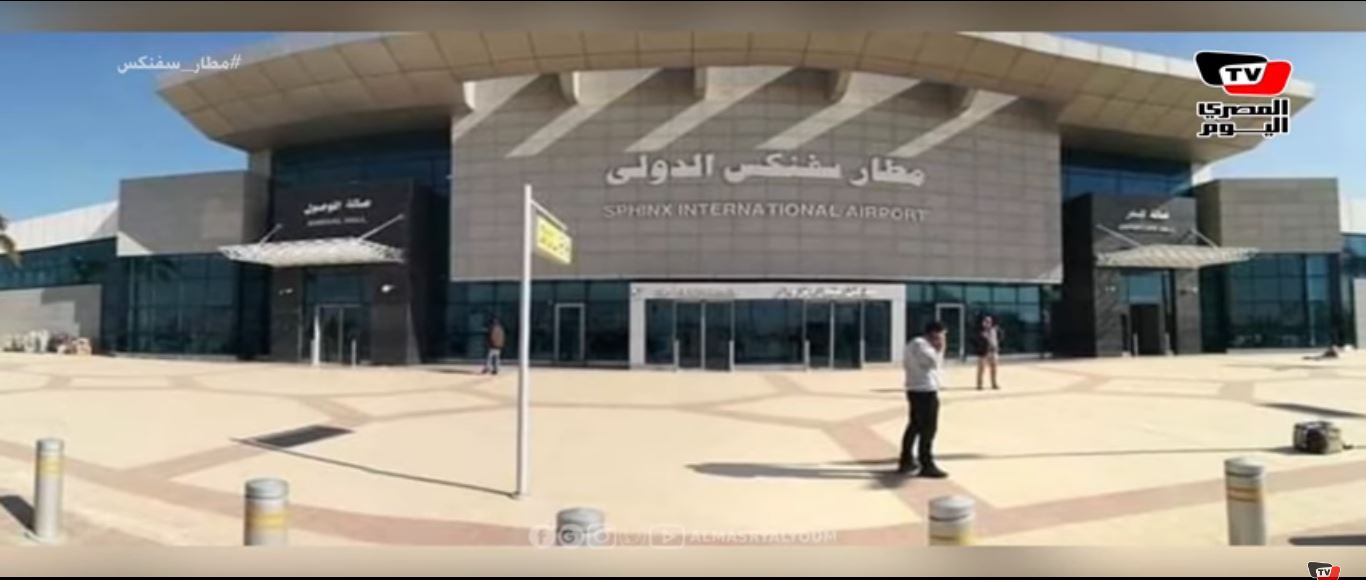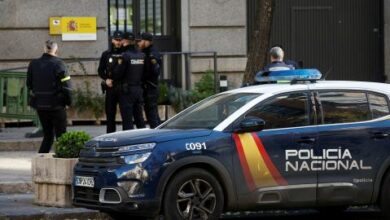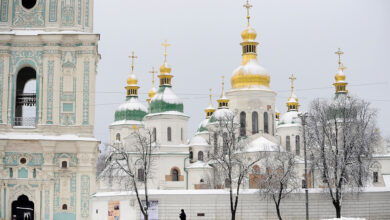
Spain on Friday sacked Catalonia’s regional government, dissolved the Catalan parliament and called a snap election in the region for Dec. 21, in a bid to draw a line under the country’s worst political crisis in 40 years.
Below are several scenarios of what could happen in the next few days.
DIRECT RULE
Prime Minister Mariano Rajoy sacked Catalonia’s government including regional president Carles Puigdemont and his deputy Oriol Junqueras and assumed direct control over the region.
Central government ministries assumed the powers of the Catalan administration until a regional election takes place on Dec. 21.
ELECTIONS
It is not clear whether a snap regional election will resolve the crisis.
An opinion poll published by El Mundo on Sunday showed that pro-independence parties may lose their parliamentary majority and even arrive behind anti-independence forces. The vote could result into a hung parliament.
Other opinion polls have also shown Catalonia is almost evenly split between pro- and anti-independence supporters.
CIVIL DISOBEDIENCE
Catalonia’s main secessionist groups have called for widespread civil disobedience. They also instructed civil servants not to obey orders from Madrid and respond with peaceful resistance. It is unclear whether such calls will be followed or not.
A key test will be when 200,000 civil servants return to work on Monday.
USE OF FORCE
Spain’s government said it was not planning to make any arrests, but it is unclear how it will proceed if the current regional administration staff refuse to leave their offices.
None of the immediate Catalan cabinet, including Puigdemont, are thought to have spent the weekend in the Barcelona central offices and it is unclear if they will attempt to return to work on Monday.
A growing number of analysts have feared this could lead to a physical confrontation if national police, who used heavy-handed tactics to thwart an Oct. 1 vote on independence, seek to intervene.
POLICE
One of the main problems over the implementation of direct rule will relate to Catalonia’s own police forces, the Mossos d‘Esquadra.
On Saturday, the Mossos chief Josep Lluis Trapero was fired. The new chief told officers they should remain neutral.
In an open letter on Sunday, Interior Minister Juan Ignacio Zoido praised the Mossos for their work and urged them to accept temporary direction from Madrid.
But a group of Mossos favoring independence had previously said they would not follow instructions from the central government and would not use force to remove ministers and lawmakers from power.
Several officers told Reuters they believed the 17,000-strong force was split between those who want independence and those who oppose it.
The Mossos, whose former chief is under investigation on suspicion of sedition, will have to act on direct orders from their new bosses. If deemed necessary, Mossos officers may be replaced by national police.
FINANCES
The economy and budget ministries took full control over regional finances on Friday.
Many companies have however said on condition of anonymity that they feared a new Catalan treasury could start levying taxes, and that they would seek to move their tax base outside Catalonia.
It is also possible that some pro-independence Catalans will stop paying their taxes to the Spanish treasury.
PUBLIC MEDIA
The Spanish government had initially said it would control widely watched Catalan public television TV3, but it eventually dropped that plan.
The media is likely to play an important role in the run-up to the new election in Catalonia.




